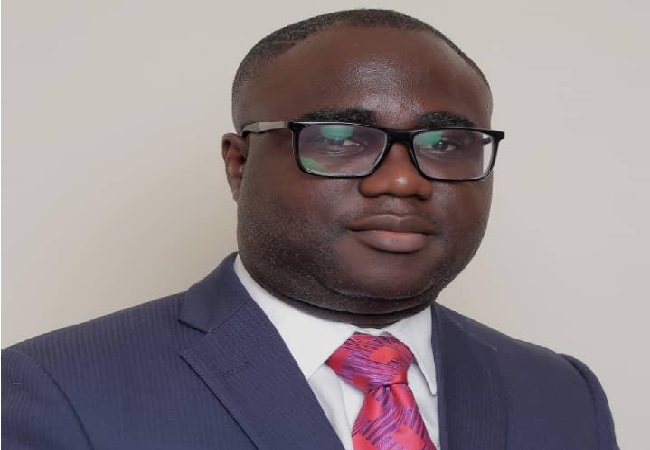The Chair & Partner Energy & Natural Resources, Bloomfield Law Practice, Barr. Ayodele Oni has said that there is a 57 per cent decrease in the amount of investment in the country due to the COVID-19 pandemic.
Ayodele, who is a legal team member advising Nigerian National Petroleum Corporation (NNPC), said that it was around 15.5 bn in 2019 but now 5.0bn.
He made this known while assessing how COVID-19 affects the interplay of the global oil market with Nigerian Local Oil recently via zoom.
Oni added that the COVID-19 has also affected the exploration and production activity in the country as many foreign workers had left for their home countries.
“Looking at the report from the Nigerian Investment Promotion Commission (NIPC), if you compare the first half of 2019 and the first half of 2020, there is 57 per cent decrease in the amount of investment in Nigeria.
ALSO READ: 2023: PDP can’t win Lagos, says APC chieftain, Igbokwe
“In 2019, it was around 15.15bn. Now, it is 5.0bn. If it is on a macro level we see those issues from oil and gas, it is the same thing. Profitability too is decreased. Those are the things we see because everyone wants to sell at a discount. So, it affected us as a player in the international market.
“Of course, crude oil is an international commodity to the extent that there are issues internationally that thus affect Nigeria.
“For example, china takes 14 per cent of the crude available internationally and that is 30.5 barrel of crude oil per day.
“Due to COVID-19, it reduced to about 25 per cent which is about 3 million off per day.
“So, that also affected us. Covid-19 has also affected exploration and productive activity in the country. If you recall that during the period, quite a number of foreign workers left for their home country.
Ayodele described the Organisation of Petroleum Exporting Countries (OPEC) + decision to ease supply cuts to 7.7mn BPD from August as a welcome development but there is a need to approach with caution.
He acknowledged the recovery of the market but it is slow and the issues of Coronavirus is beginning to take centre stage in some countries.
Oni noted that there is consumption and demand of 5 million barrels per day from a decline, noting that retrogression is certain If oil majors rush into increasing production; hence, the need to be careful as OPEC opens up that market
“The Organisation of Petroleum Exporting Countries (OPEC) + decision to ease supply cuts to 7.7mn BPD from August is a welcome development. But, we need to approach it with some caution.
“Yes, the market is recovering but the recovery is slow. In some countries, the issues of COVID-19 are beginning to take centre stage once more.
“From a decline, we are seeing consumption, we are seeing the demand of 5 million barrels per day. If oil majors rush into increasing production, there is a chance we will go back to where we were 3 months ago. We need to be careful as OPEC opens up that market” Oni said.
Petroleum Industry Governance Bill (PIGB) is 1 of 4 bills under Petroleum industrial bill:
While speaking on the Petroleum Industry Governance Bill (PIGB), Oni said that the bill should be a holistic document, not just a segment as one very critical issue for investors in the upstream is a certainty.
Ayodele explained that an investor will rather invest in a relatively harsh legal regulatory regime that investing in an uncertain situation.
“An investor will rather invest in a relatively harsh legal regulatory regime than one where there is so much uncertainty.
“So, that is one thing that is important and critical. To the extent that it gives a measure of certainty, then you will see interest in the upstream segment of the Nigerian economy.
“One thing that is critical is that it has to be a holistic document PIB, not just a segment. When we speak to PIB, we should speak to governance, physical issues, and host community issues.
“So, it is good we know that this time around the bill will be passed and all interests particularly vested interest have been properly dealt with. As long as there is uncertainty, we will continue to have troubles with investment
“So, it is either of two things-it is either the bill is passed as soon as possible or we jettison the PIB all together and we know that within 20 or 30 years we won’t be thinking about changing the regulatory regime.
“Otherwise, we will continue to have a lot of investors being reluctant to put new investment in the upstream segment of the oil and gas industry,” He said.






